17 Expert-Approved Skincare Tips To Add Into Your Routine If You Want Hydrated, Dewy Skin And Soft Lips This Winter
It's only January but I already find myself complaining about my dry cheeks and how chapped my lips are, which leaves me wondering what I can do to look like a glazed donut from head to toe. That's the goal, right?
Nickelodeon / Via giphy.com
So I did my research and spoke to several experts to finally learn and understand how to best treat my skin this season.
They are:
• Tami Blake, licensed esthetician and founder of Free + True
• James Beckman, MD, biochemist and plastic surgeon
• Dani Hanek, licensed esthetician
• Dr. Diane Madfes, MD FADD, NYC-based dermatologist
• Dr. Sara Hogan, board-certified dermatologist
• Dr. Peter Lio, assistant professor of Clinical Dermatology & Pediatrics at the Northwestern University Feinberg School of Medicine
• Dr. Marina Peredo, board-certified dermatologist
• Shay Moinuddin, MHA, RN, aesthetic nurse and the clinic Director at The Few Institute
• Ayanna Denise, holistic skin therapist
• Elena Duque, esthetician
• Dr. Luigi L. Polla, dermatologist
Before I dive in, it's important to know what the harsh cold actually does to the skin.
"The top layer of our skin, our stratum corneum, consists of lipids, cholesterol and ceramides. The stratum corneum takes a beating in the cold weather from low humidity, wind, and dry heat resulting in changes in our barrier," said Dr. Diane Madfes, MD.
"With a compromised skin barrier, our skin is unable to retain hydration and protect against UV rays, pollution, and toxins. As a result, our skin could appear dull, flaky, and red," Madfes told BuzzFeed.
With that being said, here are some expert-approved advice on how to care for your face, body, hands, and lips during the winter.
Face:
Try to avoid moisturizers that have certain oils in them.
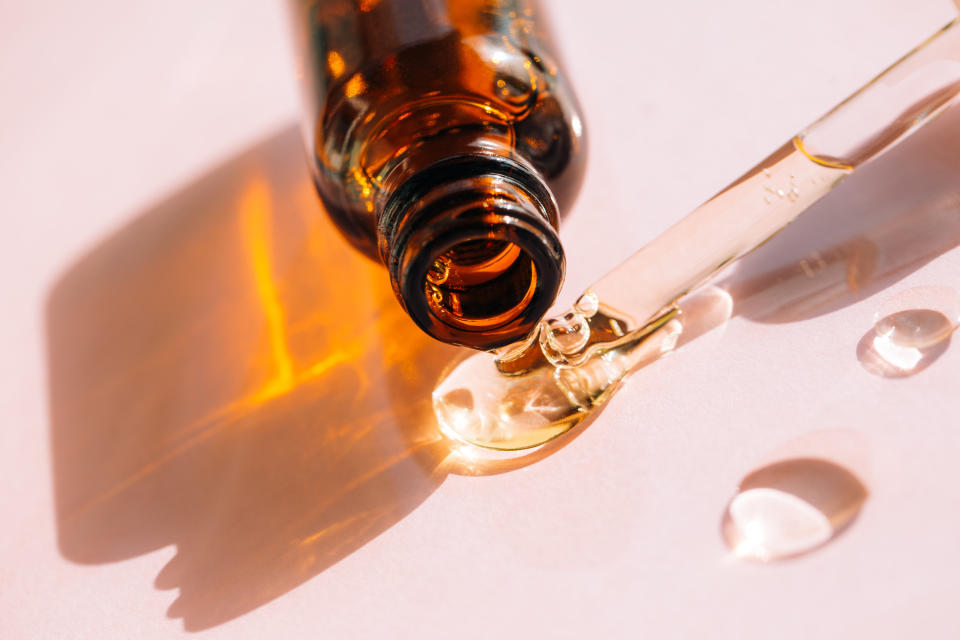
"Steer clear of moisturizers that contain mineral or vegetable oils," advised James Beckman, MD. "These only coat the skin surface and easily disappear as soon as the skin is washed."
Know your skin type before you try the "slugging" trend.

If you're unfamiliar with 'slugging,' it's the practice of using a super thick moisturizer (such as Vaseline or Aquaphor) as the last step in your skincare routine to keep skin hydrated and moisturized. While there are many benefits to this trend, it's not ideal for all skin types.
"Heavy occlusive agents and protectants like these can actually be a great idea, especially in the winter. They help lock moisture in, but also add a physical layer of protection from the wind and cold," said Dr. Peter Lio.
"The only issue is that depending on one's skin type, it can cause some clogging of the pores. Although petroleum-based products like these are often considered non-comedogenic, those with acne-prone skin might still deal with breakouts if they use such a heavy and greasy product on their face," he said.
Also, be careful to also not 'slug' in conjunction with active ingredients — such as retinol, alpha-hydroxy acids, or beta-hydroxy acids which can cause irritation by locking in these very strong ingredients.
Switch to a water-based or creamy cleanser for soft, hydrated skin.
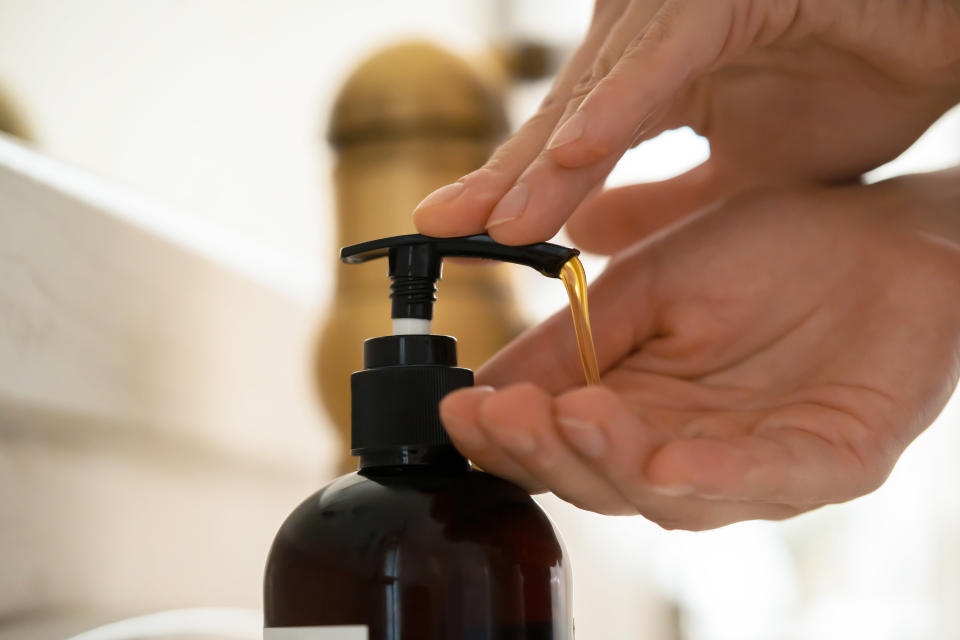
"I typically recommend a more gentle water-based or creamy cleanser that doesn't make your skin feel dry or tight. Also make sure to use light pressure when massaging the cleanser in and rinse with cool water," said Dani Hanek.
"Some of the cleansers of this type that I recommend to clients are the PCA Skin creamy cleanser, Skinceuticals soothing cleanser, and Alastin gentle cleanser," she said.
Continue to include SPF in your skincare routine.

"The sun is actually even closer to the earth in the winter months and clouds do little to filter out its rays," said Beckman. "You still need SPF even on cold, dark days. And especially if you're planning on partaking in winter activities, such as skiing. Exposure to UV rays is more intense at higher elevations."
Use cooler water when washing your face in the sink or in the shower.
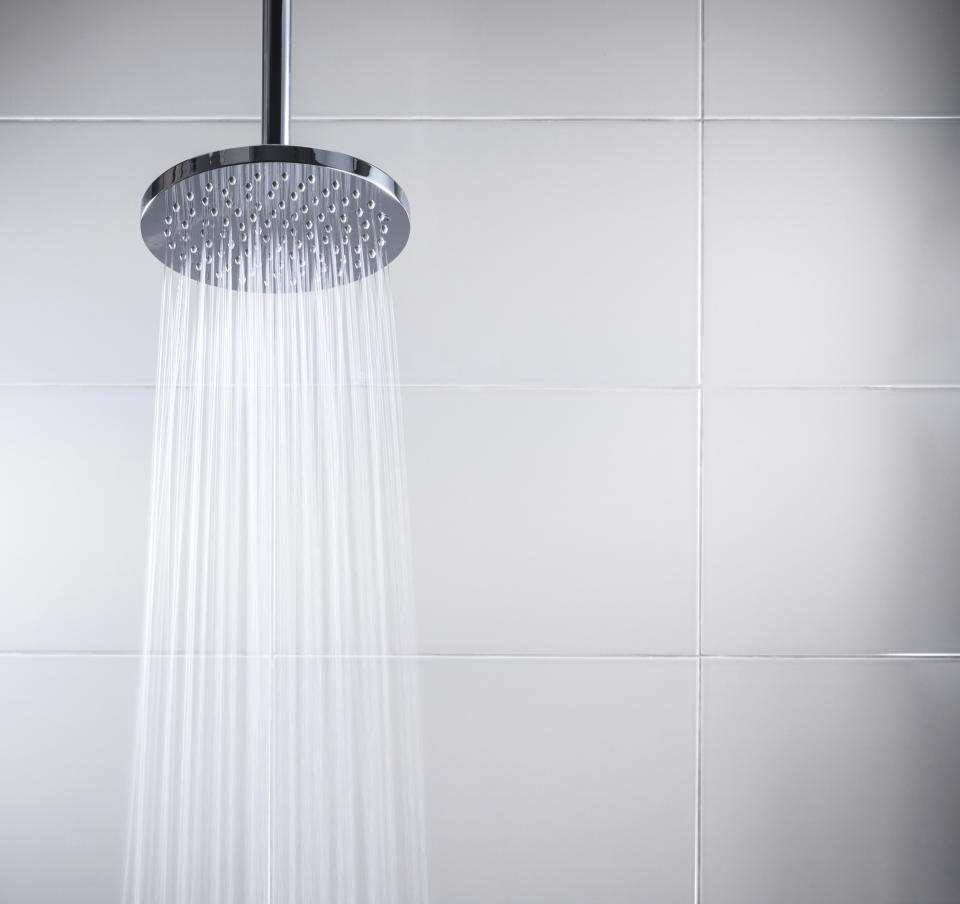
"In the winter, most people tend to prefer warm or even hot water — but it wreaks havoc on your skin and causes more dryness than you will be dealing with in the first place. Cool water is the way to go," said Hanek.
Be careful with how often you use anti-aging products in the winter, too.
The Roku Channel / Via giphy.com
Retinol is a holy grail product used by many who want to enhance cell turnover, promote collagen production, even out hyperpigmentation, and more. However, some of the side effects of this intense product includes dryness, burning, irritation, and skin peeling.
"Scale back on evenings you utilize retinoids, as well as the amount you apply to your skin. Using a smaller amount can decrease irritation you may be experiencing from the weather or your heated home," said Hanek.
"I do not recommend completely cutting an anti-aging product out of your routine [since] it amps up cell turnover. In doing this you’re allowing better product penetration to ensure proper hydration since your hydrating products aren’t working through the dead barrier. Always be sure to layer a soothing, hydrating moisturizer on top of your retinol in the winter," she said.
When deciding on a new winter moisturizer, opt for one with a specific combination of ingredients.
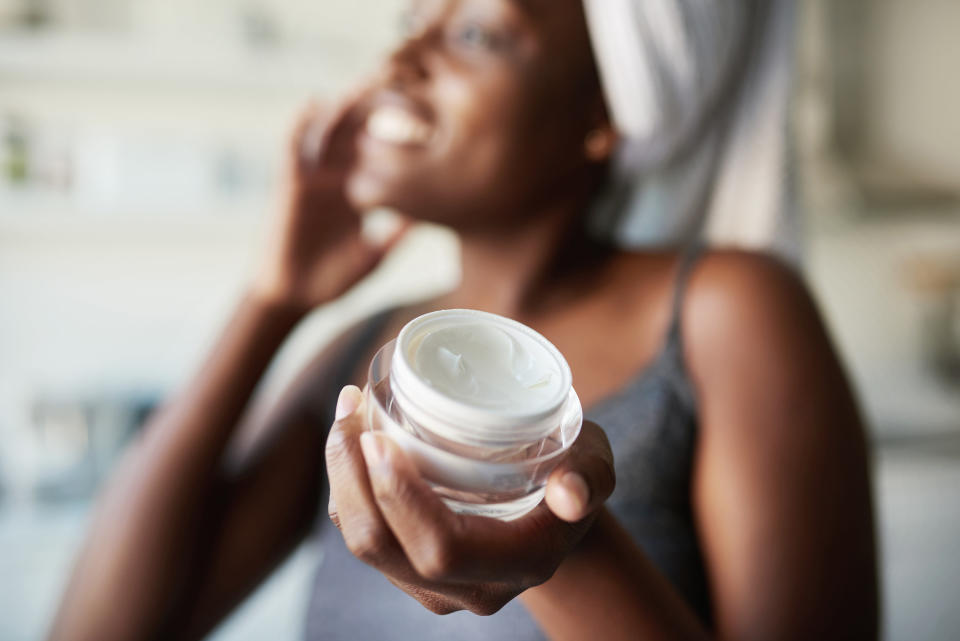
"Humectant moisturizers contain ingredients like glycerin, lactic acid, and hyaluronic acid which attract moisture from the environment and fill in crevices between stratum corneum cells," said Dr. Sara Hogan, MD, FAAD.
"Occlusive moisturizers contain ingredients like petrolatum, dimethicone and ceramides which prevents moisture loss and decreases water penetration," she said.
"Most over-the-counter moisturizers contain a combination of both occlusive and humectant ingredients which is key to keeping skin hydrated in the winter," Hogan said.
Run a humidifier at night to help your skin retain moisture while you sleep.
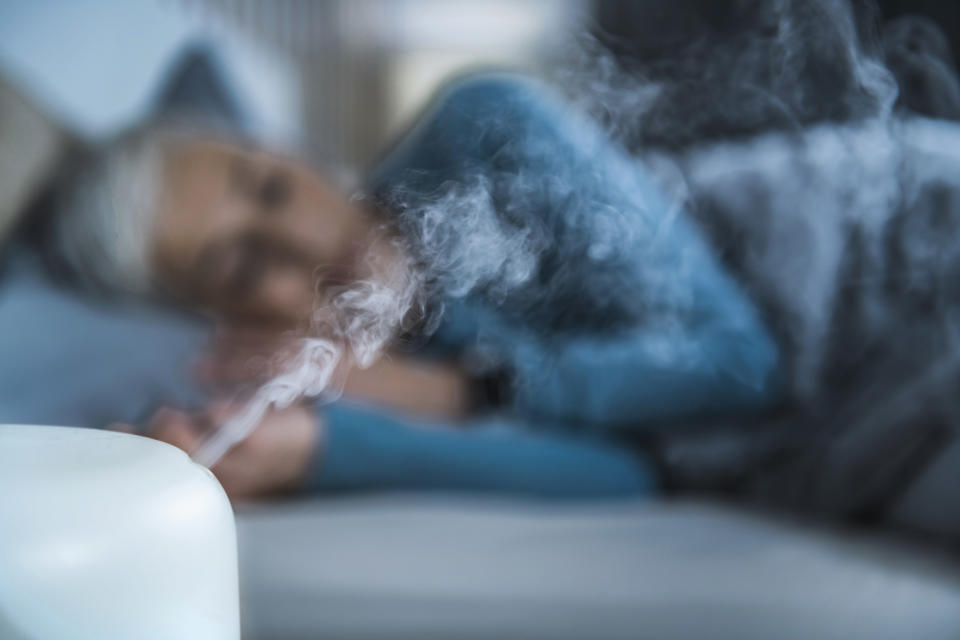
"Invest in a humidifier and turn it on in the evening to boost humidity in the air," said Tami Blake. The moisture in the air will help prevent your skin from getting dry and will result in soft, hydrated, supple skin in the morning.
Pat in a face oil as the final step in your skincare routine for extra hydration.
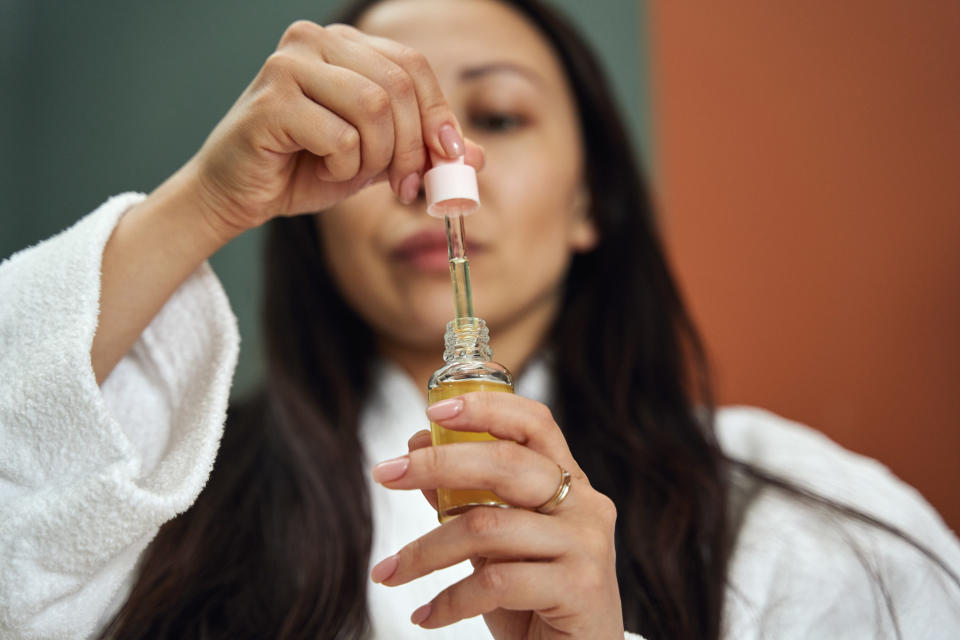
"Face oils can help with dry skin because they lock in moisture and hydrate. Face oils such as coconut oil, palm oil, or flaxseed oil are very hydrating and ideal for those with dry skin," said Dr. Marina Peredo.
"However, if you have oily, acne-prone, or sensitive skin you should not use occlusive oils," she said.
Certain exfoliators can do more damage than good during the cold months — so avoid those.

"Avoid overdoing it with AHAs and BHAs chemical exfoliants if your skin is more sensitive in the winter," said Hanek.
Instead, Hanek recommends using a lactic acid exfoliant, such as The Ordinary 10% + HA 2% Exfoliating Serum, as an option for those with dry or sensitive skin in the cold months.
Body, hands, and lips:
Look for body lotions that have key hydrating ingredients.
DrSquatch / Via giphy.com
"Hyaluronic acid, shea butter, and glycerin are great ingredients that hydrate the skin. Petrolatum — think: Vaseline and Aquaphor — also creates a protective coating on the skin, locking in moisture," said Peredo.
"You should stay clear of body lotions that have fragrances or parabens as those can irritate skin and cause further dryness and irritation. Also avoid anything that is alcohol-based because it could be very drying and irritating," she said.
Exfoliate your body a few times a week.
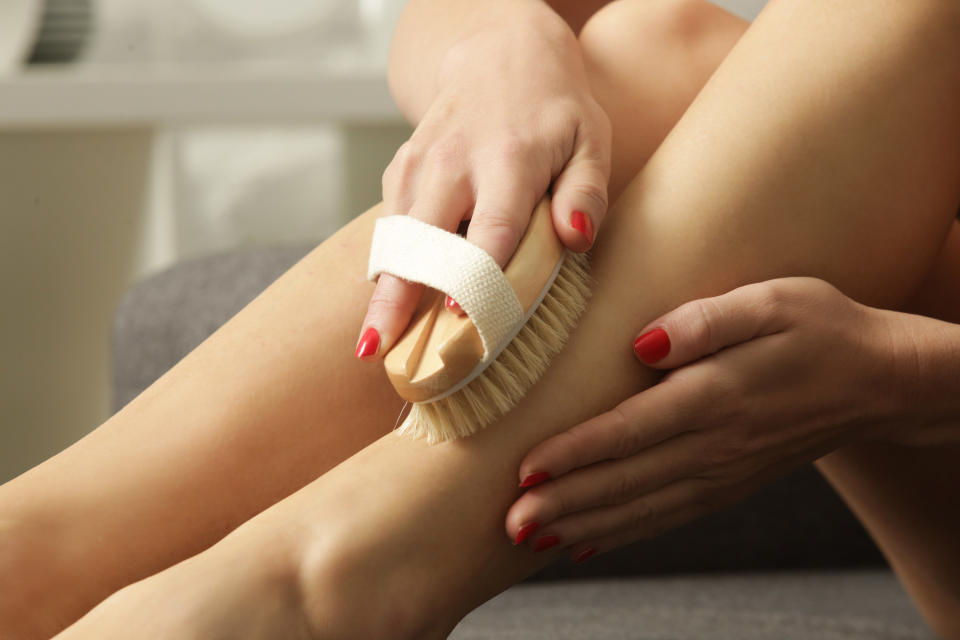
"Add dry brushing to your body skin care routine. Dry brushing helps to exfoliate dry skin and it also detoxifies the skin by increasing blood circulation," said Shay Moinuddin, MHA, RN.
Work your brush in circular motions starting at your feet — then work your way up to your heart.
Use cream-based body washes that won't strip the skin.

"I recommend using a cream-based body wash that is soap-free. Soap-free body washes are more hydrating for the skin and are pH balanced, meaning it won't strip the skin of its natural oils," said Peredo.
Add raw honey to your body wash to soothe dry skin.
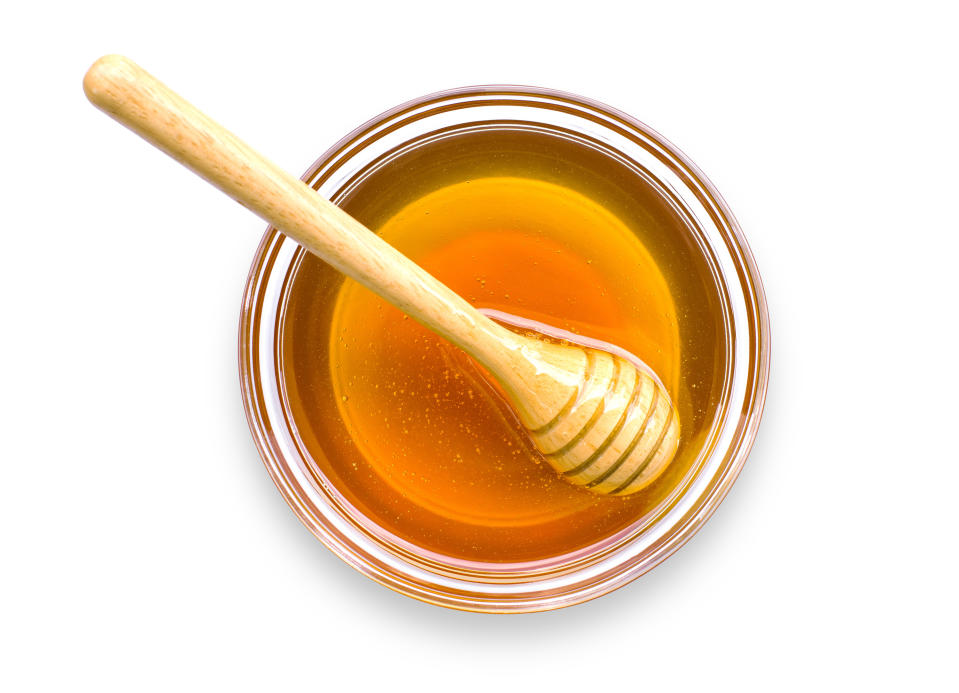
"Honey relieves skin tightness and even that itching often experienced during cold months. Just a teaspoon will do, shake well, and use as normal," said Ayanna Denise.
Lock in hydration with the "soak and seal" method.

As Lio explains: "The idea is to take a bath or shower and let the skin get very hydrated — pruny fingers level — that’s the 'soak.' Once very hydrated, I recommend lightly patting the skin dry, then while it is still damp, apply a heavy moisturizer ointment or balm to lock in the water. That is the 'seal.' This has been studied and is very powerful for dry, cracked, or irritated skin."
Keep your lips hydrated by using lip balms that have ingredients such as beeswax.
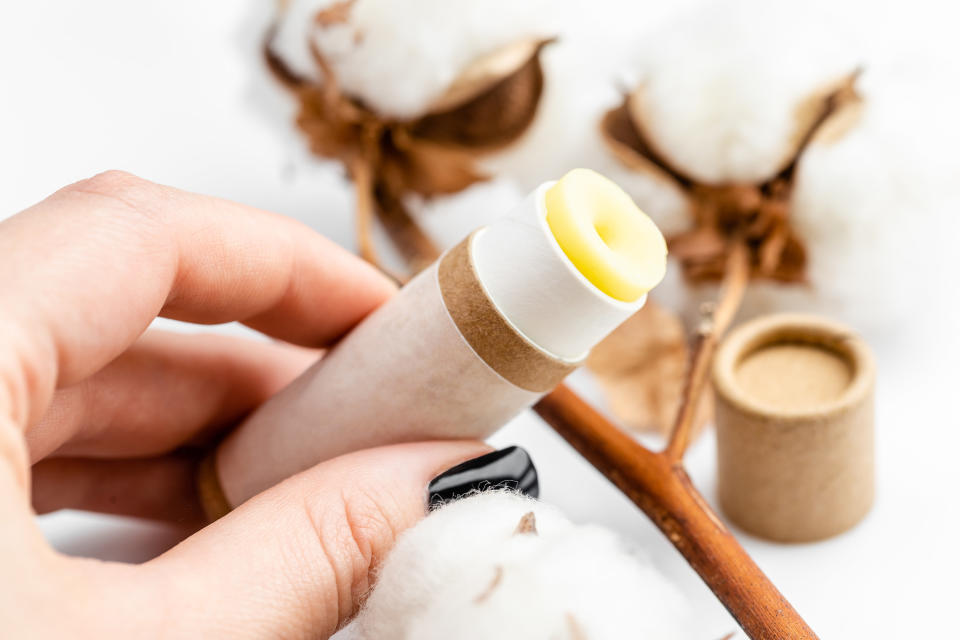
"Chapsticks or lip balms with beeswax, petroleum jelly, and shea butters will help lock in moisture. You should also sleep with a humidifier which will prevent lips from getting chapped in the first place by putting moisture back into the air," said Elena Duque.
Don't skimp on using hand cream.
giphy.com / Via Vasanti Cosmetics
"A good hand cream is imperative and needs to have both protective molecules acting as barrier replenishers as well as humectants to be able to bind and hold water inside the epidermis," said Dr. Luigi L. Polla.
Some hand creams that Polla recommends are Neutrogena Norwegian formula hand cream, Elta MD So Silky Hand Creme, and Eucerin UreaRepair Plus.

